Asa’ib Ahl al-Haq leader calls for quick formation of Iraqi government following unrest
The leader of Iraq’s Asa’ib Ahl al-Haq resistance group has called for the quick formation of a new government aimed at ending a political stalemate and leadership vacuum underway in the Arab country since legislative elections in October last year.
On Wednesday, Qais al-Khazali hailed the restoration of calm in Iraq following days of unrest, praised the wisdom shown by all sides and demanded measures to accelerate the formation of the government as soon as possible.
“Popular Mobilization Units – better known as Hashd al-Sha’abi – once again proved their role as the guarantor of national security and saved the country,” the senior Iraqi politician said in a statement.
The secretary general of Asa’ib Ahl al-Haq also underlined the need to hold accountable all those who violated the law, as well as those who fired shots at Iraqi security forces.
“Parliament must convene and form the new government according to the Constitution. The status quo is very critical, because the legislature remains closed and the government has fallen apart... The commander-in-chief of the armed forces [outgoing Prime Minister Mustafa al-Kadhimi] has also failed to fulfill his duty in maintaining security and stability,” Khazali pointed out.
The remarks came a day after supporters of prominent Shia Muslim cleric Muqtada al-Sadr began to withdraw from Baghdad’s Green Zone after calls to fully retreat from the heavily fortified area.
Sadr had given Iraqi protesters and his followers “60 minutes” to leave the high-security area, as he extended an apology to the Iraqi people.
“It saddens me a lot what happens in Iraq; I apologize to the Iraqi people, the only ones affected by the events,” Sadr told reporters. “We had hoped that there would be peaceful protests, not weapons.”
The leader of the Sadrist movement said, “I am now criticizing the Sadrist movement’s revolution as I criticized the October revolution when it was marred by violence,” adding, “Change your minds and withdraw completely, even from the sit-in.”
Violence erupted in the capital after Sadr on Monday said he was resigning from politics and closing his movement’s offices.
At least 30 people were killed and 700 others wounded in the two days of unrest, which came after three years of relative stability in Baghdad.
Sadr’s bloc emerged from elections in October as the biggest parliamentary faction, but was still far short of a majority, causing the longest political vacuum in the country since the 2003 devastating invasion of the Arab country led by the United States.
In June, all 73 legislators of the bloc quit their seats in a move seen as an attempt to pressure political rivals into fast-tracking the formation of a government.
According to Iraqi laws, if any seat in parliament becomes vacant, the candidate who obtains the second-highest number of votes in their electoral district replaces them.
This means that many of the seats vacated by Sadrists will therefore be filled by member parties of the Coordination Framework Alliance, such as former Prime Minister Nouri al-Maliki’s State of Law and the Fatah Alliance, which is the political wing of Hashd al-Sha’bi.
VIDEO | Press TV's news headlines
Israeli strike on UNRWA school in Gaza kills 14 civilians
VIDEO | Iran, Pakistan vow to strengthen defense, security cooperation
VIDEO | South Korea braces for Trump presidency
Resistance groups strongly condemn Israel’s new deportation law
Hezbollah missiles hit two major Israeli military bases
Rallying for peace: Why are thousands marching from Parachinar to Peshawar
Ireland says will join South Africa's genocide case against Israel at ICJ


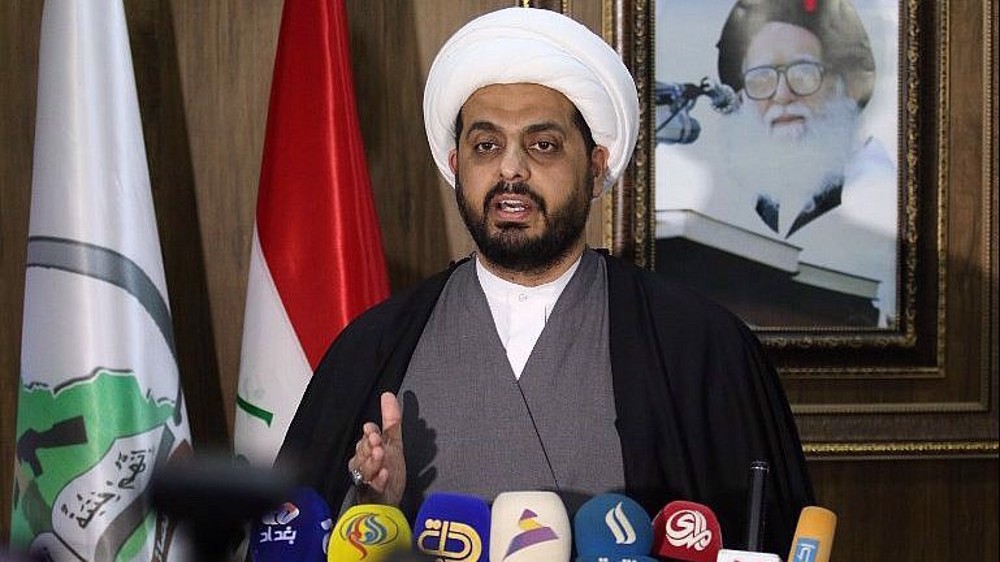
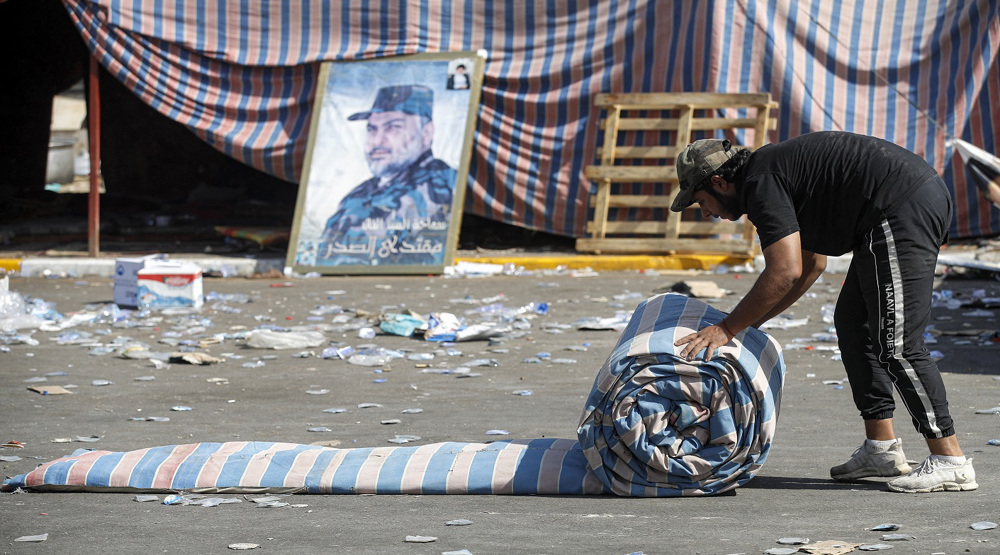
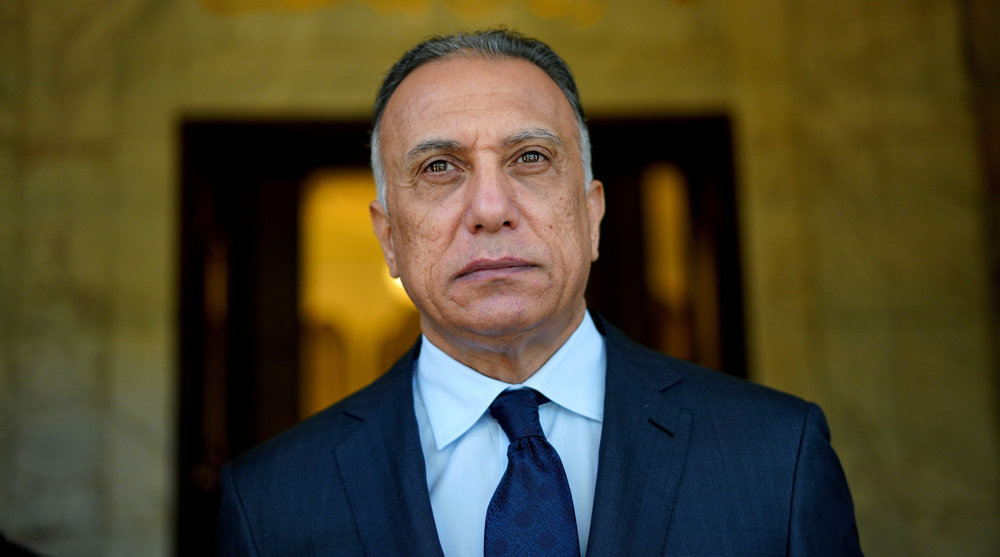
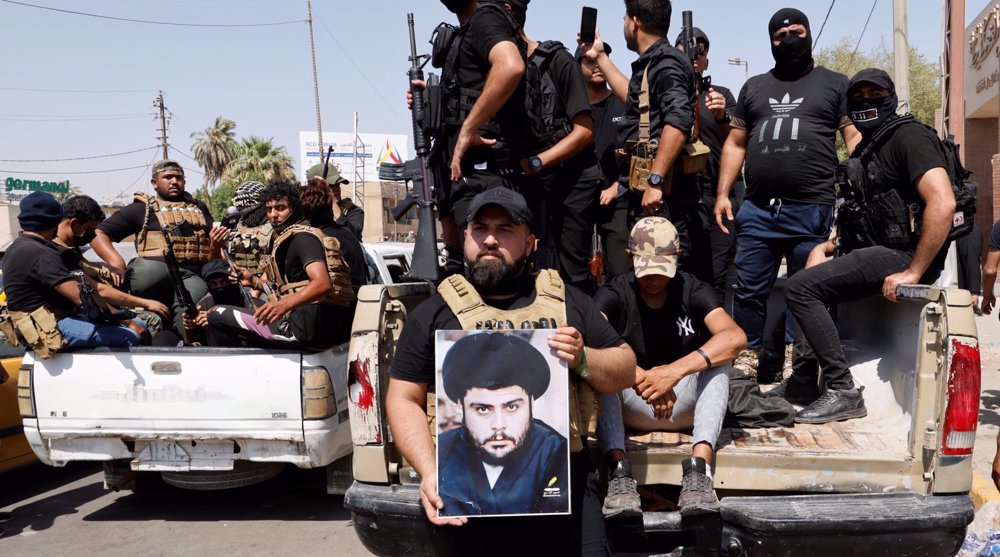
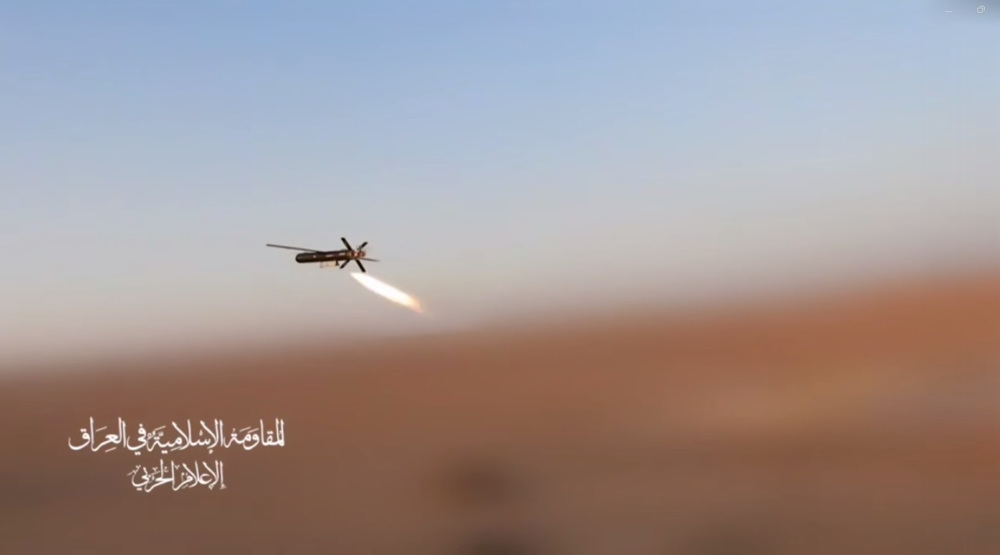

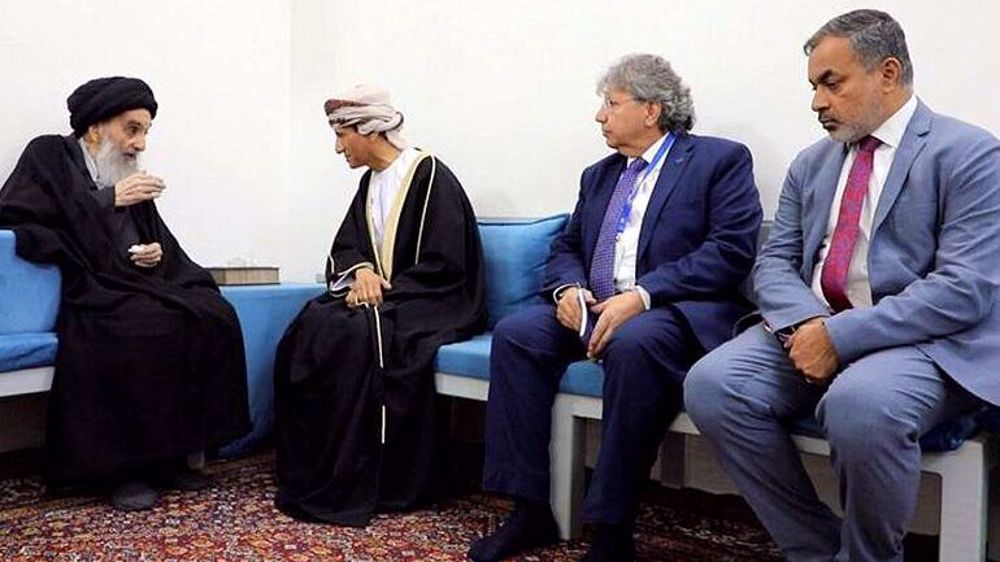



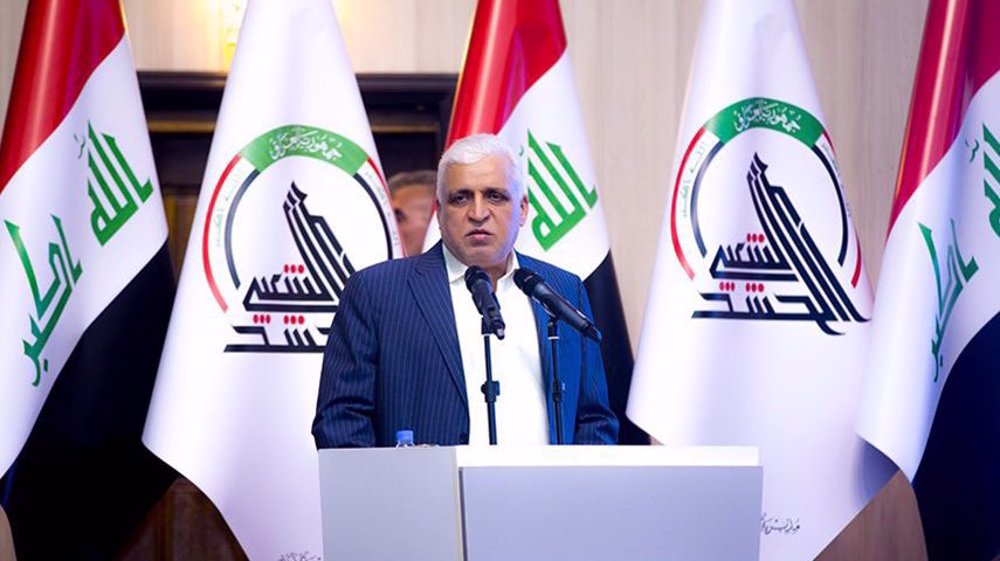
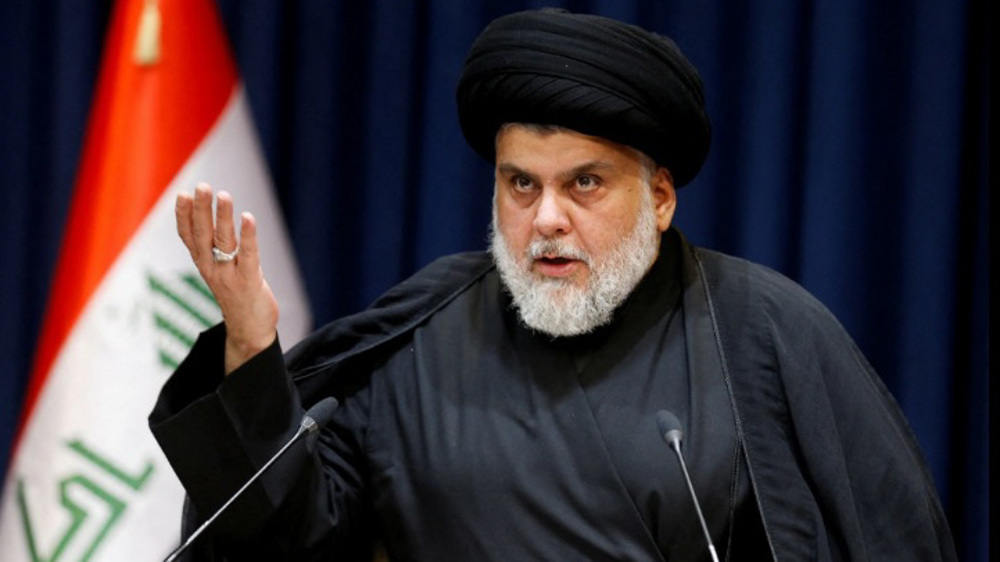
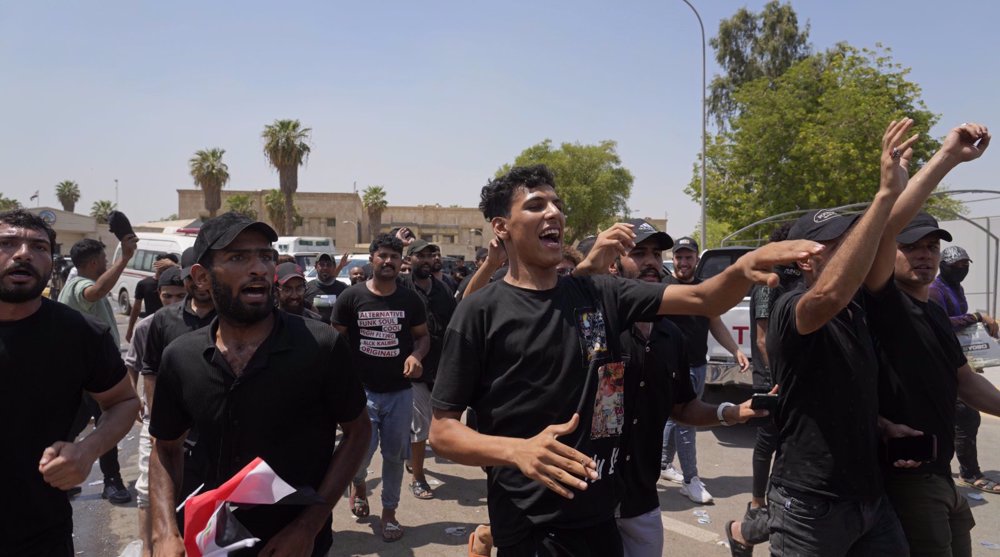
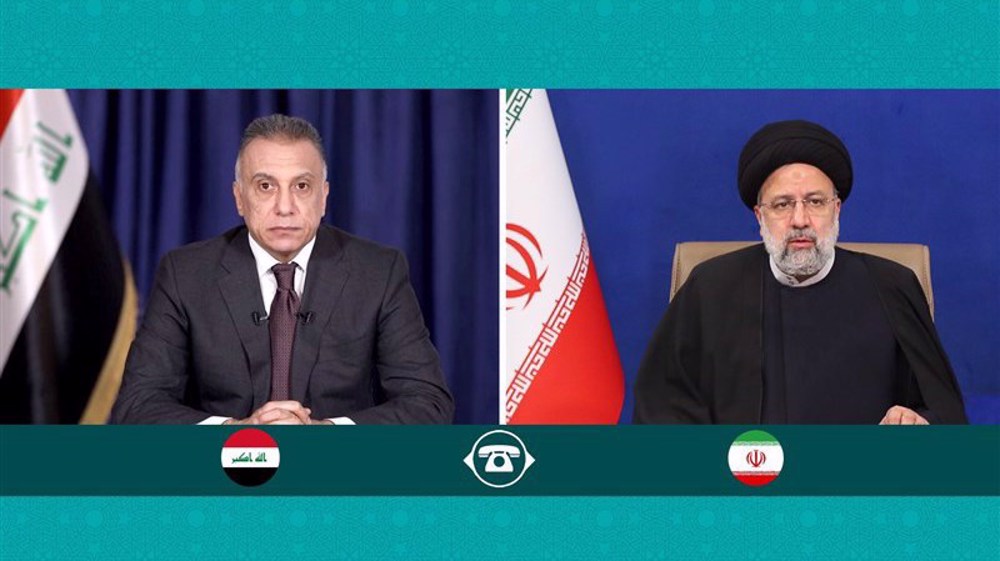
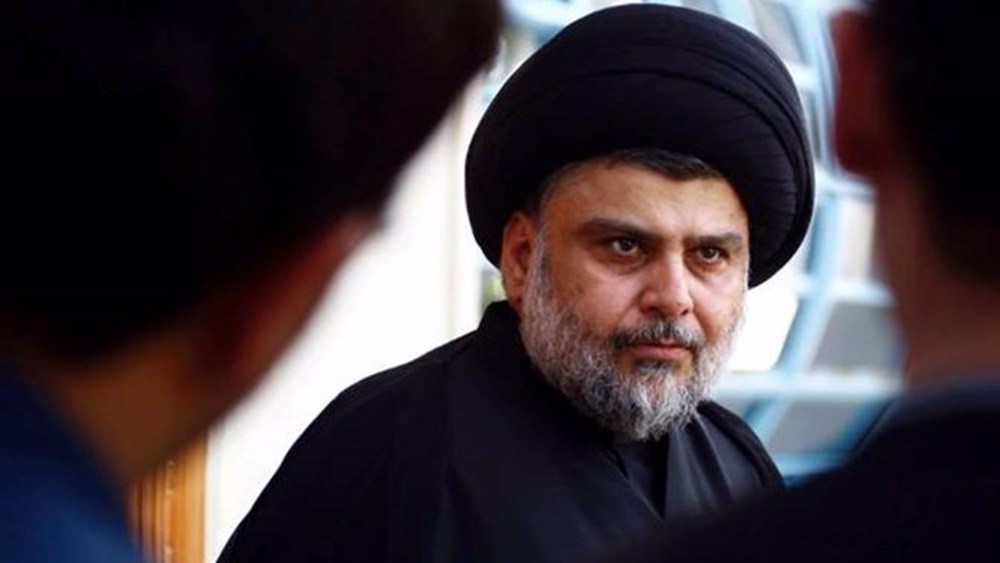
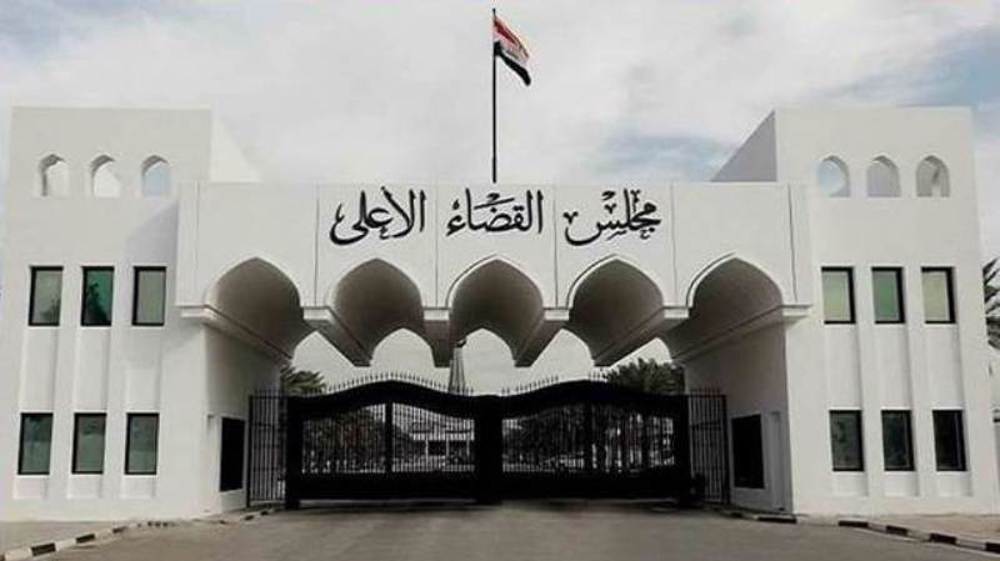
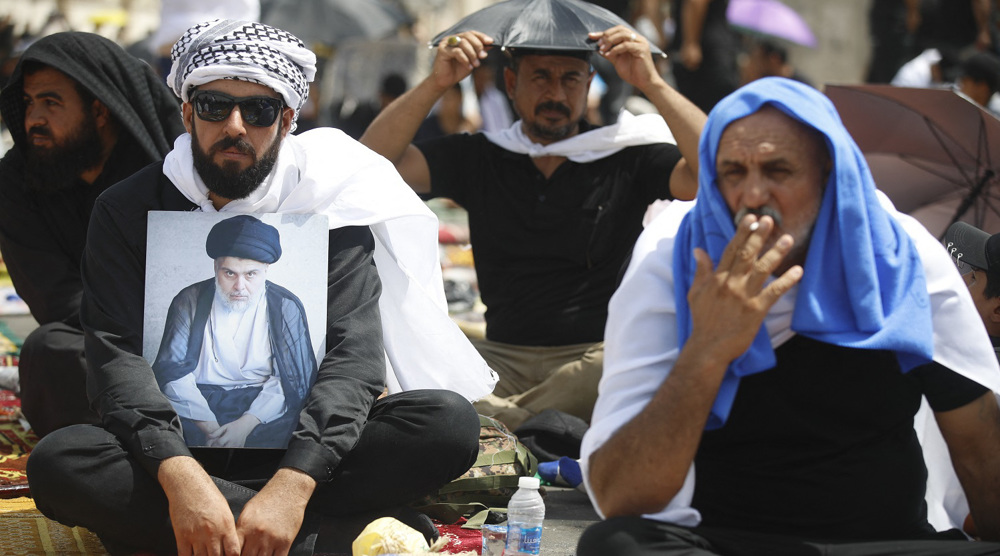
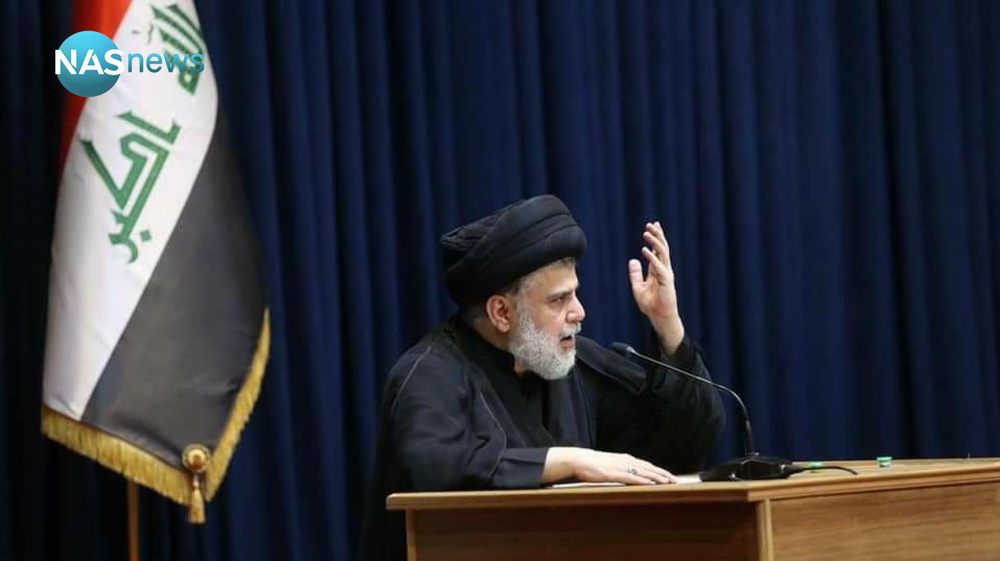
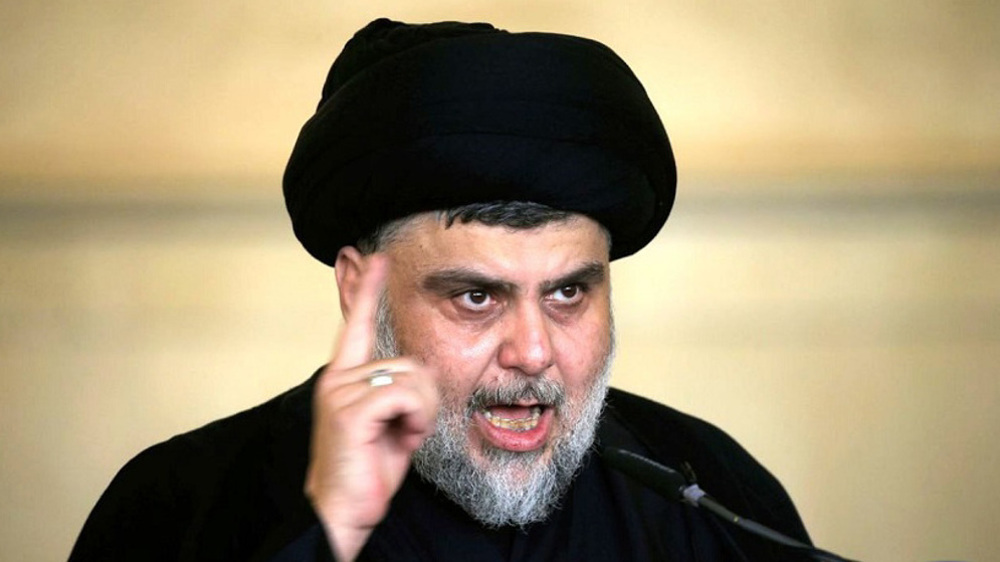

 This makes it easy to access the Press TV website
This makes it easy to access the Press TV website